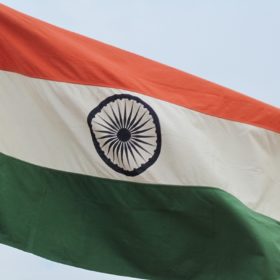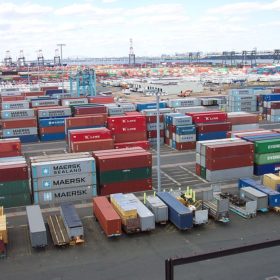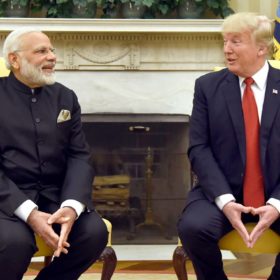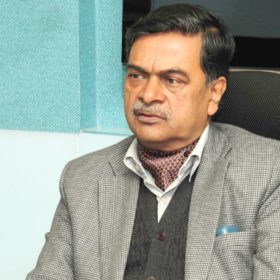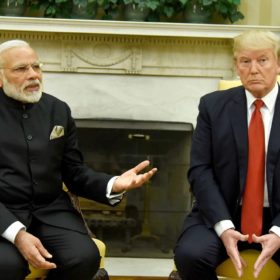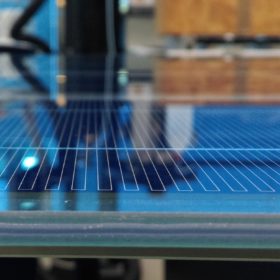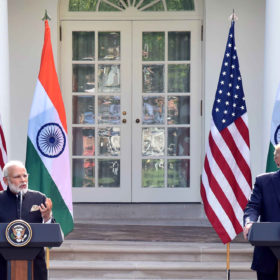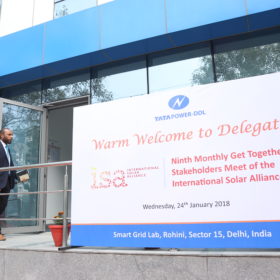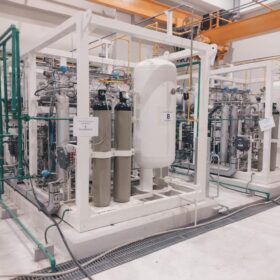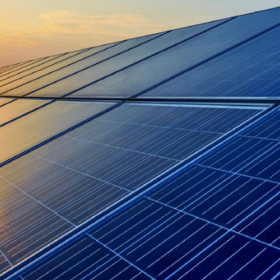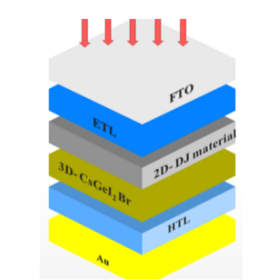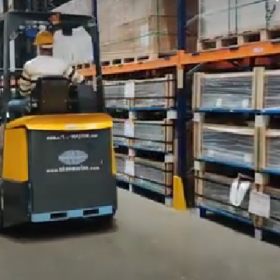Government initiates anti-dumping investigation for the imports of EVA film for PV modules
RenewSys India has filed an application before the Directorate General of Anti-Dumping & Allied Duties for the imposition of anti-dumping duty on imports of ‘Ethylene Vinyl Acetate (EVA) Sheet for Solar Module’ from China PR, Malaysia, Saudi Arabia, South Korea, and Thailand.
ReNew Power acquires Ostro Energy in $1.54bn deal
According to the reports, Gurugram based developer ReNew Power Ventures has paid 40% in equity and the rest in debt for acquiring Actis LLP-backed Ostro Energy. With this acquisition, now ReNew Power’s combined renewable portfolio stands at 5.6 GW.
With the termination of the anti-dumping investigation, uncertainties will remain, IHS Markit says
On the request of the Indian Solar Manufacturers Association (ISMA), the Directorate-General of Anti-Dumping & Allied Duties have terminated the ongoing petition into imported solar cells. Dharmendra Kumar, an analyst at IHS Markit, told pv magazine that ISMA will re-file this petition in April.
WTO agreed India’s request to form compliance panel
With the current World Trade Organizations (WTO’s) decision, it appears that the solar domestic content dispute between India and the U.S. has stepped forward. Last three-four hearing was just stuck in U.S. rejections of India’s compliance statement.
Government issues penalty for violating DCR under MNRE solar projects
India’s Ministry of New and Renewable Energy (MNRE) will penalize parties found in violation of the MNRE’s Domestic Content Requirement (DCR) rules for solar projects, which the World Trade Organisation (WTO) has approved for DCR use.
The weekend read: Foggy days ahead for Indian solar
India is planning to impose a safeguard duty this year to protect its domestic solar manufacturing sector. Many in the industry earnestly believe that if such duties were to be imposed, then a slowing down in market growth would be inevitable. However, the Indian Solar Manufacturers Association (ISMA) believes this will not be the case. Either way, this duty has created unwanted uncertainty in the market.
US rejects establishment of compliance panel, disagreeing with India’s WTO claim
The United States blocks India’s request for a panel to investigate Indian compliance to solar cells ruling. Thus, the Dispute Settlement Body (DSB) has deferred the establishment of a compliance panel. Moreover, U.S. reserves its right to obtain WTO authorization to take countermeasures against India, but there is desire to find a bilateral resolution.
Government probes anti-dumping imports of solar glass from Malaysia
Following a complaint from Indian glass specialist Gujarat Borosil ltd, the government has initiated an anti-dumping probe for the imports of solar glass.
India requests WTO panel to rule on compliance over solar dispute
India is calling for a special meeting of the World Trade Organization’s (WTO’s) Dispute Settlement Body (DSB), to be held on February 9, to consider its request to resolve the disagreement between India and the U.S.
ISA 9th get-together and stakeholder meeting
The 9th monthly get-together and stakeholder’s meeting of the International Solar Alliance was held on January 24. The event witnessed several announcements from companies such as TATA ($2.25 million Incubation hub), NTPC (new developments), Power Grid Corporation of India (new battery storage projects), Infosys (smart PV solutions), and Emami.
